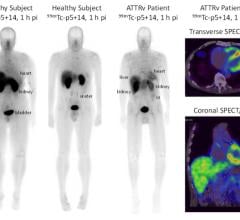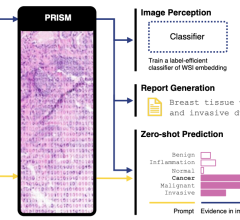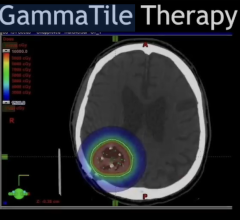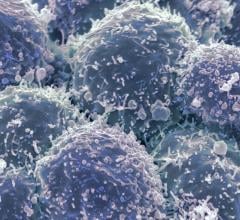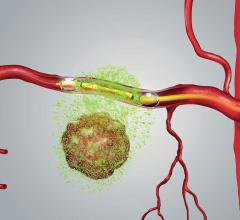
April 4, 2011 – The American College of Radiology's Imaging Network (ACRIN) and the Eastern Cooperative Oncology Group (ECOG), National Cancer Institute (NCI) Clinical Trials Cooperative Group members, have announced their intent to merge their clinical cancer research programs.
The groups plan to form an alliance that combines their complementary strengths. The new organization will include three areas of research emphasis: early detection and diagnosis of cancer; biomarker-driven Phase II and Phase III therapeutic studies for multiple cancer types and stages; and genetic, molecular and imaging marker research to predict and monitor treatment response.
ECOG and ACRIN's individual programs have significantly contributed to improved clinical care. The new alliance will bring together the organizations' unique capabilities to build a program with expanded scientific scope and depth of expertise. ECOG has strengths in performing large-scale trials with molecular endpoints in major diseases. The results of these studies have changed the treatment of cancer patients and helped to individualize that therapy. ACRIN's clinical trials encompass the full range of medical imaging research, from landmark cancer screening trials to early phase trials evaluating imaging biomarkers and novel imaging technologies. While maintaining these areas of separate expertise, the alliance will press the tailoring of therapy to the individual patient's tumor, and accelerate the integration of biological advances into clinical practice.
"This partnership offers the research community a new sphere of engagement," said Robert L. Comis, M.D., chair of ECOG. "It will greatly enhance our position in the public and private sectors to perform biomarker-driven studies and develop more innovative clinical trial designs. ACRIN has an exceptional imaging research program and IT infrastructure, which can be applied to compile and store not only radiologic images, but also, relevant laboratory based images. Our modality and disease committees will have the opportunity to become involved in the development of cutting edge early detection and diagnostic studies, and ACRIN investigators will benefit from being fully integrated into our therapeutically oriented programs."
"We are excited by the ECOG partnership opportunity to develop a unique multidisciplinary organization positioned to study the entire cancer care path from early detection through management of advanced disease," says Mitchell D. Schnall, M.D., Ph.D., ACRIN Network chair. "We will leverage the complementary scientific expertise of each group to develop multidisciplinary scientific committees to address each of the three emphasis areas for which there will be immediate opportunities for interaction and collaboration. The integration of ECOG and ACRIN patient advocacy and clinical research associate committees will bring together an impressive knowledge base representing the patient perspective and participant recruitment best practices – a significant support for getting the research done."
"Clinical research has been an important component of the American College of Radiology (ACR) for over 40 years," said Harvey L. Neiman, M.D., FACR, the ACR's CEO. "I commend the decision to bring together the extensive resources of ACRIN and ECOG to carry out clinical research that combined has even greater potential to bring forth new scientific discoveries to detect cancer earlier and to improve the care and quality of life of cancer patients."
Transition planning is underway, and group leaders are developing the business, administrative and scientific structures. The new organization will sustain its research portfolio with public and private support. Relative to public funding, the NCI announced last November that it will reorganize its Cooperative Group program to support up to four adult cooperative groups, and will issue a new Funding Opportunity Announcement (FOA) in Spring 2012. The new organization will respond on behalf of ECOG and ACRIN.
For more information: www.acrin.org, www.ecog.org


 July 30, 2024
July 30, 2024 
